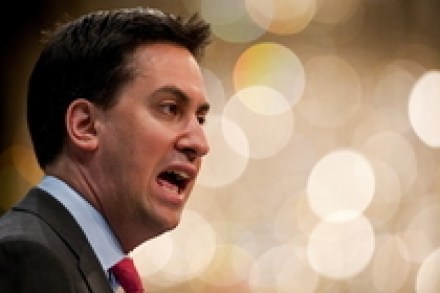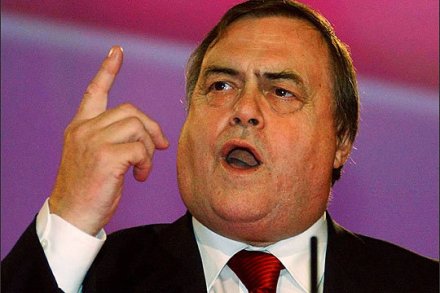The AV referendum hasn’t captured the public’s imagination
It is odd to think that in just a few months we’ll be having only the second nationwide referendum in our history and no one is particularly excited about it. This is largely because the plebiscite is on AV, an unloved voting system that is a half-way house between first past the post and a proportional system. (Just imagine the level of conversation there would be if the vote was to do with Europe not electoral reform). At the moment, the yes side has a growing lead in the polls http://ukpollingreport.co.uk/blog/archives/3115. But, given the vast number of undecideds, this could change very quickly. The No campaign, though, will have to













